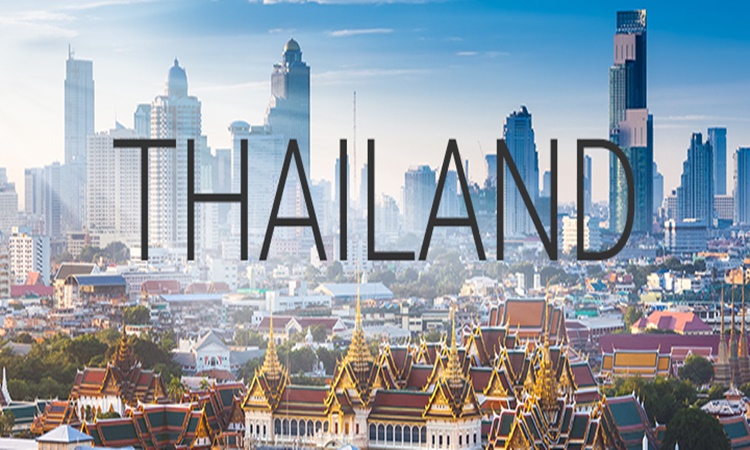
In a historic move on August 6, 2025, Acting Prime Minister and Interior Minister Phumtham Wechayachai formally signed Interior Ministry Order No. 2253/2568, annulling the decades‑old ban on poker tournaments that traced back to Order No. 490/2501, issued on 28 July 1958. This carefully tailored shift opens the door to cash‑entry poker tournaments—while preserving the broader prohibition on cash games for now.
Phumtham underscored the rationale behind the change: “If poker is to be recognized as a sport, there must be a proper legal framework. We need to remove regulatory obstacles to allow international competitions while maintaining strong oversight.” He emphasized that the move was strictly to facilitate international tournaments, under case‑by‑case approval, not a wholesale deregulation of gambling. Such events will be allowed only through licensed organisers and officially sanctioned associations—Thailand is reportedly establishing a “Poker Sports Association” to oversee everything from player eligibility to tournament integrity.

The decision aligns with views expressed by Minister of Tourism and Sports Sorawong Thienthong, who stressed that this was not intended to legalize gambling indiscriminately: “This is a move to recognize poker as a sport, not to legalize gambling.” Only officially approved tournaments, under robust regulation, will be permitted. According to reporting from Thailand Moves to Legalize Tournament Poker Amid Tackling Illegal Gambling, formal recognition of poker as a competitive “mind sport” is shaping policy from the top down.

Why Now? Strategic Timing Meets Tourism Ambitions
This policy pivot comes at a critical juncture. The earlier government push toward legalizing casinos via the Entertainment Complex Bill was derailed in July 2025 amid strong public opposition and political turmoil—especially following the suspension of Prime Minister Paetongtarn Shinawatra over an unrelated ethics scandal. The casino bill was formally withdrawn on 7 July 2025, halting efforts to build casino resorts as part of Thailand’s tourism strategy.
With casino proposals shelved, the move to permit tournament poker offers Thailand a more subdued yet pragmatic way to tap into global gaming tourism without igniting controversy. Thailand’s regulatory apparatus can now promote poker events under clear sporting regulations, attracting international visitors and sponsors, while distancing itself from broader casino gambling debates.
Historically, Thailand’s gambling laws—rooted in the Gambling Act of 1935 and reinforced by the Playing Cards Act—permitted only state‑sanctioned activities like lotteries and horse racing. Private card games and casinos were wholly banned, although underground operations flourished in many parts of the country. Now, with this new carve‑out for officially sanctioned tournaments, Thailand may be signaling a shift toward regulated and responsible gaming—starting with poker, recognized globally as a skill‑based mind sport.

 Content Writer: Janice Chew • Wednesday, 25/08/2025 - 23:55:07 - PM
Content Writer: Janice Chew • Wednesday, 25/08/2025 - 23:55:07 - PM